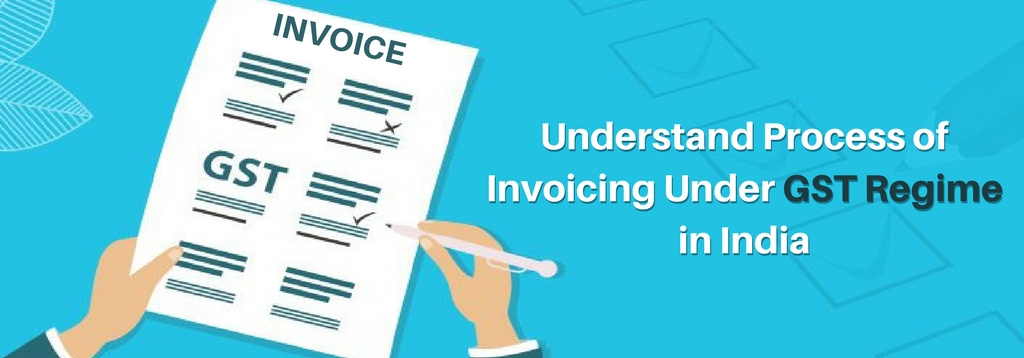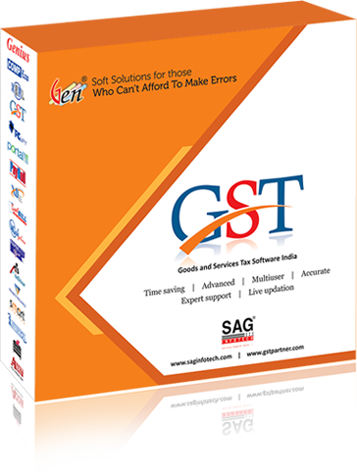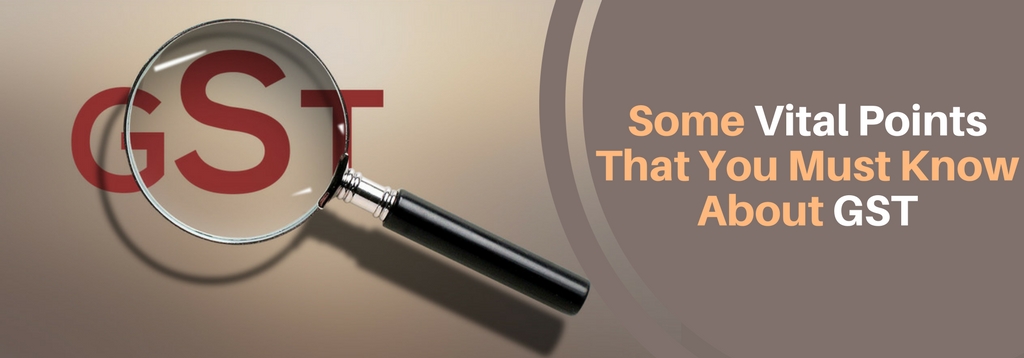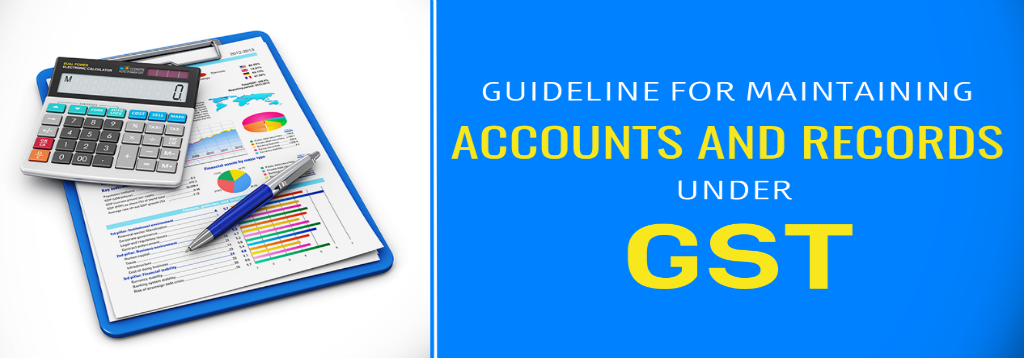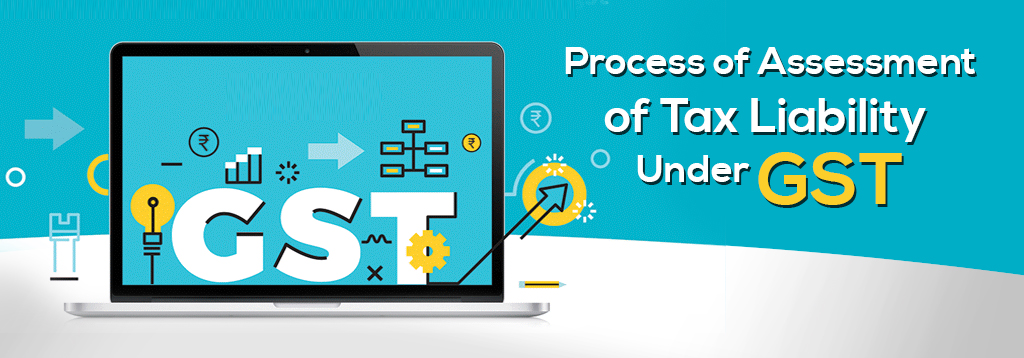GST is an indirect tax and it will be applicable to professionals, service providers, freelancers and businesses whereas it is not applicable to salaried individuals.
Is it Mandatory register for the GST?
You should register for the GST in the cases mentioned below:-
- If your sale or turnover exceeds Rs. 20 lakh ( Rs. 10 lakh in case of the Northeastern states).
- If you are selling goods online. You are selling goods through your website or through e-commerce portal.
- You can make inter-state sales, in case if you are living in one state and selling goods in another state. Let’s understand with an example, if you are living in Jaipur and selling goods to Kolkata, this is considered an inter-state sale.
- If you are selling goods on behalf of another taxable person (i.e. you are an agent).
- If you are dealing in goods/ services in which reverse charge implements- where the buyer has to deposit the tax instead of the seller.
Who will not be applicable for GST?
Agriculturist and farmers are not applicable for the GST. For example, If you are growing your own vegetables and selling it, then you are not required to pay GST. If you are dealing business in exempted goods or services, then you are not applicable to pay for GST. Read More
